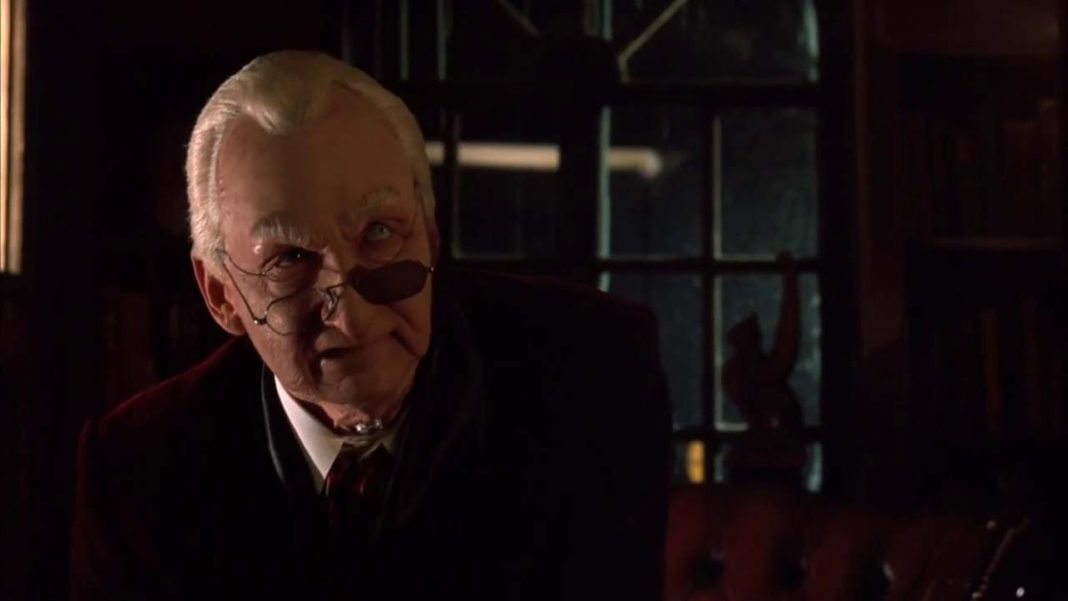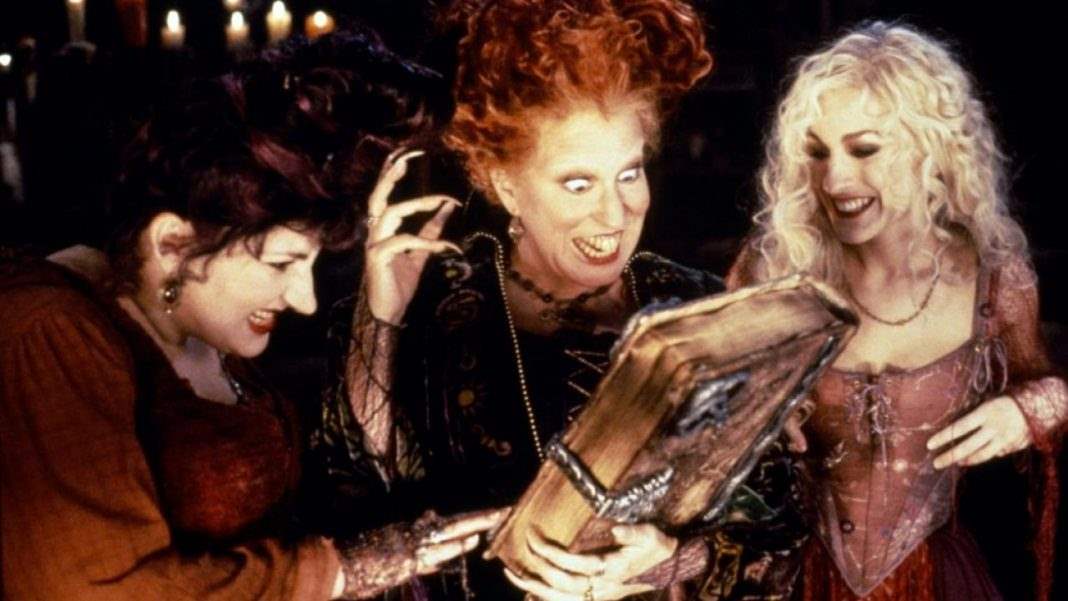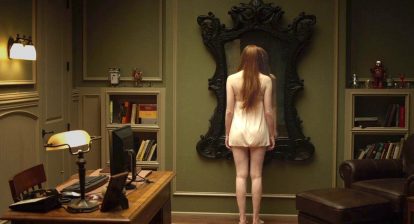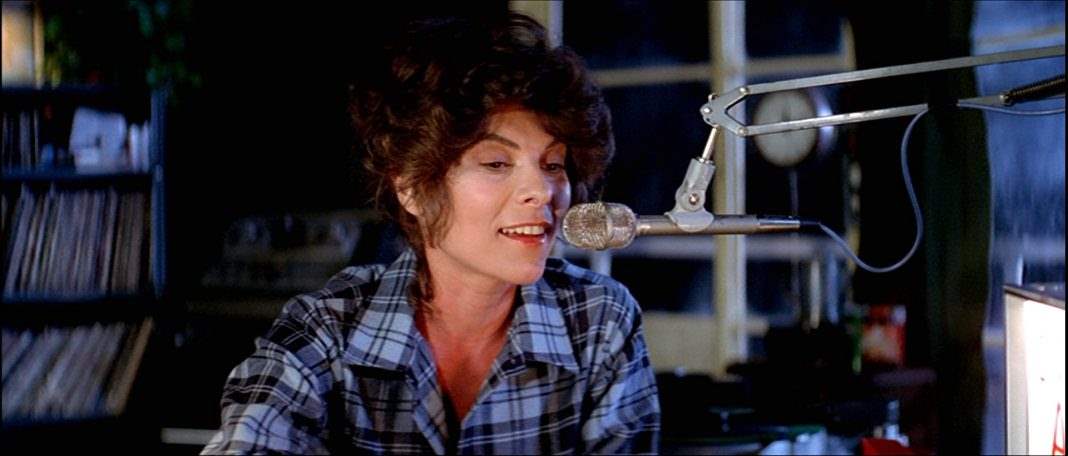Stuart Gordon has been working in the horror genre for thirty years and enjoyed a successful stint as a stage director prior to that. He seems to have now returned to his roots, directing plays like Re-Animator: The Musical and the one man show about Edgar Allan Poe, Nevermore. Gordon is probably best known for his cult classics like Re-Animator, From Beyond and Dolls. These movies showcase some of the director’s greatest strength including handling an ensemble cast and expertly balancing humor and horror in equal doses.
But in spite of his thoughtful contributions to the genre, Stuart Gordon is not a household name. Even as a master of horror, he does not have the name recognition of John Carpenter or Wes Craven. Most of his films have gone largely unnoticed, even some of his best work. With that in mind, here are five overlooked films from one of the masters.
The Pit and the Pendulum
Gordon’s adaptation of the classic Poe story is actually an adaptation of two stories: “The Pit and the Pendulum” and “The Cask of Amontillado.” It is focused on the Spanish Inquisition, primarily on a baker’s wife who is accused of being a witch when Grand Inquisitor Torquemada begins to develop lustful feelings toward her. The movie is a love-letter to the Poe films of Roger Corman, at the same time delivering just enough gore without going over-the-top and taking the viewer out of the story. The real highlight, though, is Lance Henriksen as Torquemada. His performance is chilling and surprisingly layered, considering that he’s playing one of the most evil men in history. This movie was largely unnoticed as it was an early straight-to-video movie from Full Moon Entertainment. Like many of their movies it was an initial hit on video, but that catalogue went out of print for years. It is now available in several cheap five-packs. On a more pleasant note, it has been restored for the first time to its original widescreen aspect ratio and is available in a new Blu-Ray offered by Full Moon.
Dagon is another H.P. Lovecraft adaptation from Gordon and producer Brian Yuzna, but it is not actually an adaptation of the story “Dagon.” It’s an adaptation of one of Lovecraft’s most ambitious stories, “The Shadow Over Innsmouth.” Stuart Gordon had initially planned to make this movie in 1985, directly after Re-Animator. Producer Charles Band, however, hated the idea of people turning into fish. He thought it was stupid, he thought it would never work. It was going to happen a few years later, but Gordon was given a budget of $4 million and said that he couldn’t do it for under 6. He wound up doing it 16 years later, in Spain, for $3 million. But it works. Despite its low-budget, he even made it feel slightly more expensive than it actually was. Its probably the most Lovecraftian out of all of Gordon’s adaptations, as it deals with the major themes and ideas present in most of the author’s fiction.
Stuck is a character-focused thriller. It’s minimalistic and the entire thing feels very confined, but that’s all part of what makes it work. It stars Mena Suvari as a woman who decides to celebrate her new promotion as a caregiver in a retirement home with a night of drinking and ecstasy. Driving home from all this, she hits Tom Bardo—a man who was already having a particularly bad day. He becomes trapped in her windshield and she drives him home, afraid that she will get arrested. She promises to get him help, but almost immediately enlists her boyfriend to help kill him so that there’s no evidence of what has happened. It’s a movie about everyday people thrust into an abnormal situation and turning out to be monsters. Except, of course, for the poor man trapped in the windshield who only wants to survive.
Castle Freak is essentially the Gone With the Wind of straight-to-video horror movies. It’s a deeply disturbing movie in both its gore and its story line. In it, a family inherits a castle in Italy. But this is far from a happy family. The father, John (played by Jeffrey Combs), was responsible for a drunk driving accident that killed their son and left their daughter blind. His wife (Barbara Crampton) hates him for it. She despises him and wants him to die, or at least suffer, for what he has done. That’s what really makes this movie shine. There’s great character drama and then you add in the fact that there’s a cannibalistic freak still living in the castle. It’s completely unlike any other Full Moon movie and that’s part of what makes it so great. It’s unsettling and it’s gross but it’s also incredibly heartfelt. This was actually the movie that lost Full Moon their distribution deal with Paramount Pictures and led to them being self-distributed ever since, due to its level of intensity.
King of the Ants is a movie that almost nobody seems to have seen but is incredibly worth checking out. It might be the best film of Gordon’s career. Don’t let the Asylum logo fool you, this has nothing to do with giant monsters fighting other monsters or actual ants—not that the director couldn’t expertly handle a film with that material. This is instead a quiet, dark and unsettling character drama. It’s about a young man named Sean who is trying to make ends meet by painting houses. He eventually meets a land developer named Ray with obvious mob connections and is soon offered a chance to make some extra money. The catch is that they need him to kill someone. Ray, wants Sean to kill an accountant that’s been investigating Ray’s company. He offers Sean $13,000 for the job. One of the things that really makes this movie interesting is the amount of money. It’s not huge, nor is it terribly life changing. From there, the movie really makes you question why Sean is actually doing this. Even though we can feel sympathy for him, there’s plenty of room to question whether Sean is doing this for the money or to fulfill some darker, more primal need.












